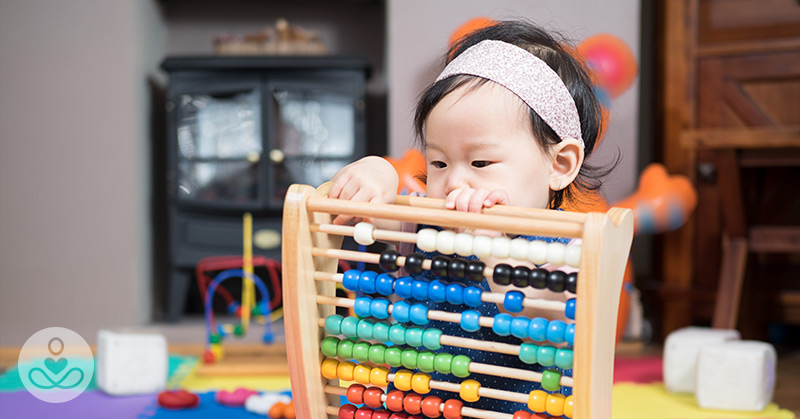This article was originally published on April 2, 2019, and has since been updated.
A study titled “School Starting Age and Cognitive Development”, published in the National Bureau of Economic Research suggests that September-born kids are generally smarter than others [1].
According to the study, since children born in September are usually the oldest in their year group which in turn means they have a year ahead of all the others to develop. The study was focused on estimating the effects of being relatively older in school on a child’s academic performance. It compared the cognitive development of kids born in September, who are at the older end of the spectrum of kids in their year, to kids born in August, who are usually the youngest.
Across 1.2 million students between the ages of 6 and 15 in Florida, it was discovered that September-born kids tend to have a higher cumulative average score each year in school. They had twelve additional months for cognitive, social, and emotional development before they are enrolled in school.
The implication of this is that they generally act more mature than their younger classmates. They can handle school and their academic work much better, and they tend to relate more easily with others. The little ones are usually less attached to their parents and are more enthusiastic about going to school.
These advantages may give them an edge relative to their younger classmates. The study also suggests that September-born kids have higher chances of getting into good colleges, and even have lower rates of incarceration for juvenile crimes.
Leveling up to the Smart September
Other factors that may contribute to a child’s progression in school include maternal influence, ethnicity, affluence, socio-economic status, and then, later on, age.
The study states that affluent families sometimes redshirt their children in a bid to put them at a higher cognitive advantage when the next school year rolls around [1]. This means to delay the enrollment of the kids into school for about a year, giving them more time to develop mentally, socially, and emotionally.
It is estimated that between 4% and 5.5% of children in the United States delay entry into kindergarten [2]. The study explains that some families practice redshirting to put their child at a higher academic advantage. The extra year is intended to allow them to mature further both physically and mentally. According to the research,
“While the more affluent families tend to redshirt their children to give them a competitive advantage, families that are unable to do this – either due to lack of awareness or resources – are surrogated by the schooling system, which retains their children in grades prior to testing. This differential remediation also helps explain why we find larger kindergarten readiness gaps for lower SES [socioeconomic status]children that then vanish at the time of testing.”
Some parents may withdraw their kids from the first class in kindergarten before or after the first year ends. This is usually done when the child is found to be struggling with academic work. They may be enrolled in pre-school or special programs to develop further and acquire some knowledge before being returned to school.
Essentially, if a child is held back (retained) or is voluntarily redshirted by their parents, the outcome is the same. That delay (retained or redshirted) to kindergarten can have positive effects.
Your September-born may already be showing signs of being a Smart Alec
If you’ve got a September-born, perhaps the best is yet to come. According to this study (1) they may end up coming home with impressive report cards, have higher chances of getting into good colleges, and they may even be less likely to face juvenile incarceration. So is it about the month YOU are born or the month that school begins? It seems likely to be the latter.
Despite the fact that this study had a large sample size, it does not show cause and effect. There are always acceptions to the rule, sometimes many of them. If you or your children are not born in September, don’t fret. If we raise them properly with sufficient attention, love, and care, they’ll turn out just fine.

